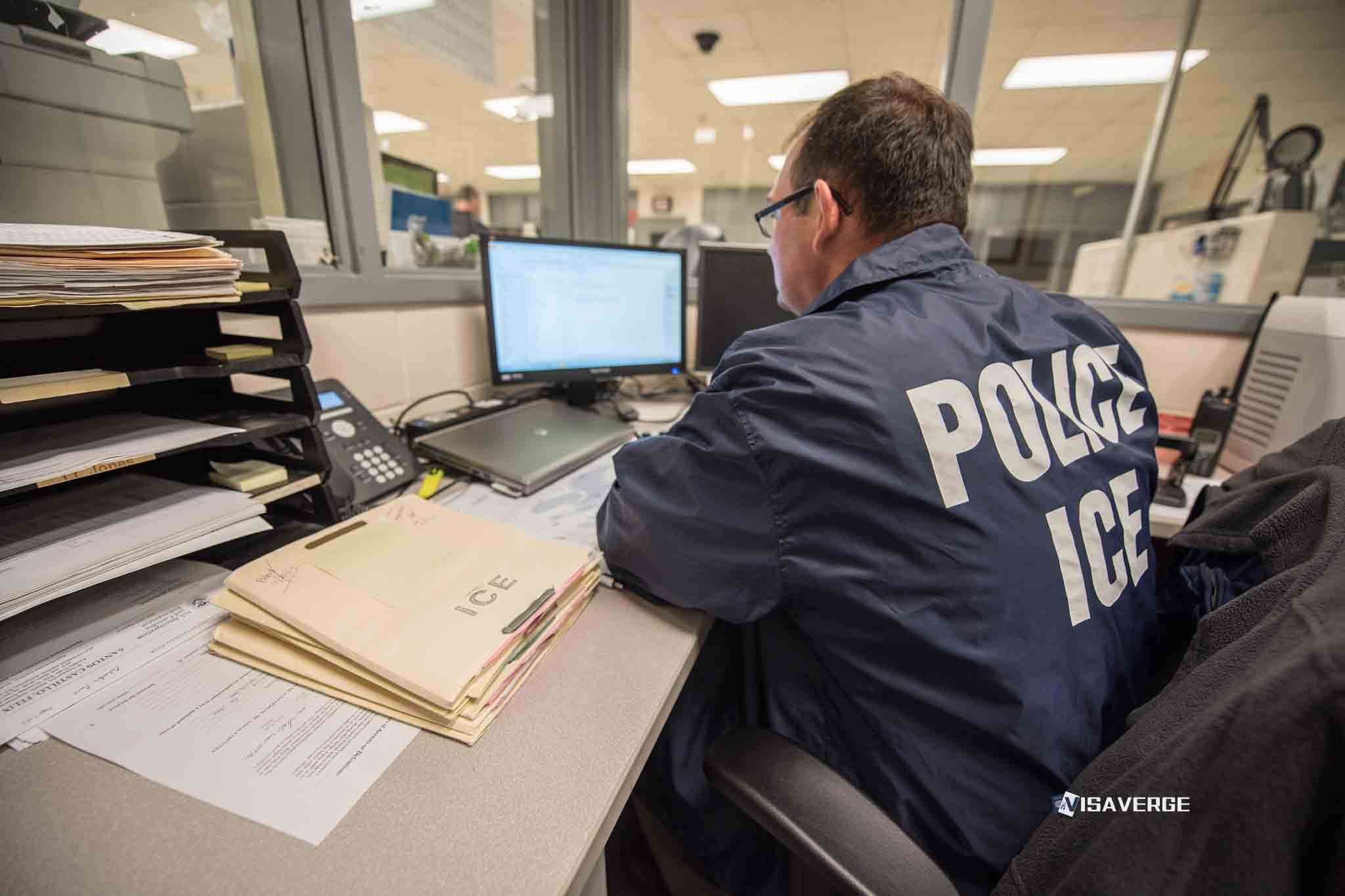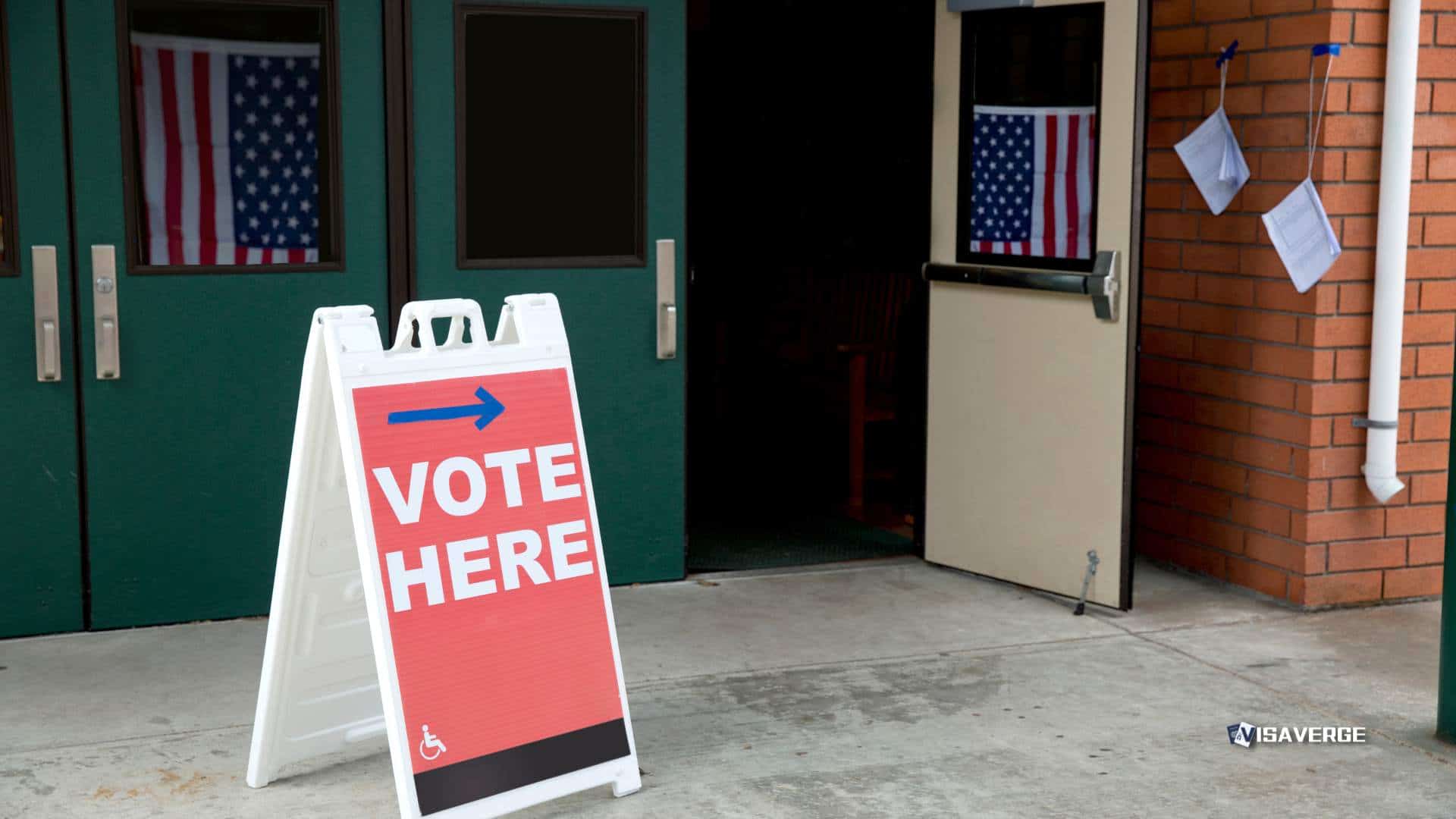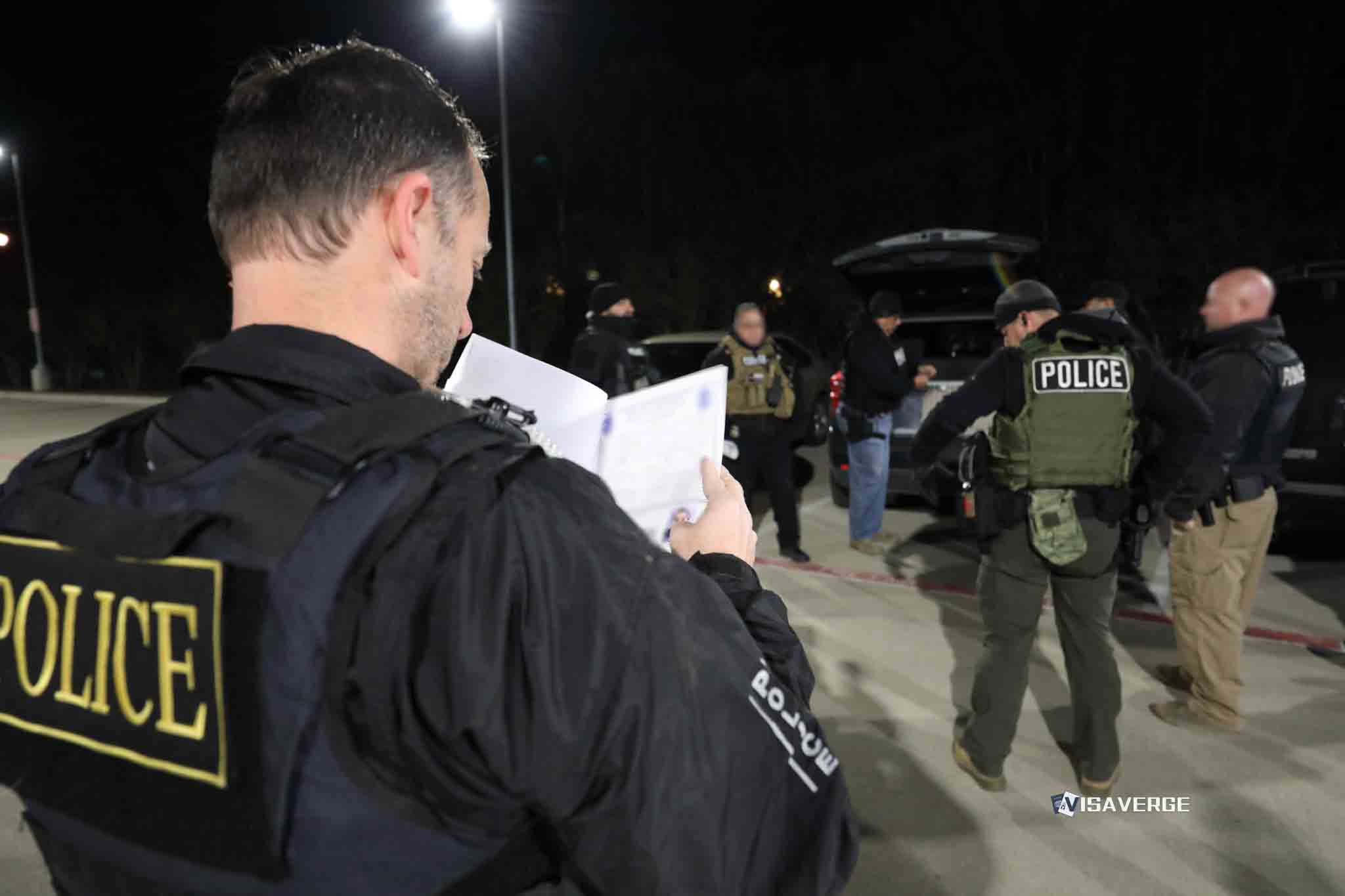(CHARLOTTE, NORTH CAROLINA) As federal immigration enforcement activity continues to unsettle mixed-status neighborhoods in and around Charlotte, local advocates are pointing worried families toward a network of immigration legal services and rapid-response support designed to keep children safe and adults informed about their rights. At the center of that effort is the Charlotte Center for Legal Advocacy and its Immigrant Justice Program, which has become one of the main referral points for parents detained in sudden Immigration and Customs Enforcement (ICE) actions and for relatives scrambling to care for children left behind.
Services offered by the Immigrant Justice Program

The Immigrant Justice Program offers what advocates describe as full-scope immigration legal services, including:
- Defense in removal (deportation) cases
- Help with asylum claims
- Assistance with Special Immigrant Juvenile Status
- Survivor-focused visas such as U and T visas
- Family-based petitions and cancellation of removal cases
- Legal screenings for people who have never spoken to a lawyer about their status
According to analysis by VisaVerge.com, many families caught up in enforcement operations are first-time users of the legal system and often unsure whether they have any path to stay in the country legally — even when they may qualify under existing laws.
Who can get help and language access
Unlike some providers, Charlotte Center for Legal Advocacy does not limit services based on immigration status. This means:
- Undocumented parents
- Lawful permanent residents
- Temporary visa holders
…can all seek help.
The group serves Mecklenburg County and surrounding counties, recognizing that ICE operations in one neighborhood can ripple across the wider region as relatives and friends step in to help. Staff provide services in English and Spanish and can arrange interpreters for other languages — a crucial resource for newer arrivals who may be especially vulnerable during enforcement actions.
Urgent needs after raids: legal defense and Know Your Rights training
One of the most urgent needs after an ICE raid is immediate legal defense and quick guidance for relatives on the outside.
The Immigrant Justice Program:
- Represents clients in Immigration Court
- Explains what to expect at bond hearings
- Helps families gather key documents
- Offers Know Your Rights sessions that cover:
- What to do if officers come to the door
- Which documents to sign or refuse
- How to safely record or document enforcement activity
These trainings — often held in schools, churches, and community centers — have taken on renewed importance as families worry about sudden separation.
Important: Even a missed hearing can carry severe immigration consequences. Early legal help is vital.
Support for unaccompanied children and nominal fees
The organization is also a lifeline for unaccompanied migrant children released to sponsors in the Charlotte area. Through legal orientation and safe-release services, staff:
- Explain court obligations
- Help children and sponsors understand complex paperwork
- Emphasize timelines and the critical importance of attending hearings
The group notes that nominal fees may apply for some services but aims to keep cost from becoming a barrier — especially for low-income families who may lose a breadwinner after a raid.
Contact information and federal resources
Families seeking help can contact Charlotte Center for Legal Advocacy at:
- 704-376-1600 (within Mecklenburg County)
- 800-438-1254 (toll-free, from outside the county)
Advocates recommend having those numbers written down and stored in phones as part of family emergency plans.
They also direct survivors of crime and trafficking to federal information about humanitarian options on the U.S. Citizenship and Immigration Services website:
– USCIS humanitarian programs
That federal page explains how U and T visas work, while local lawyers guide people through applications and evidence gathering.
Rapid-response networks: churches and grassroots groups
Alongside formal legal services, churches and grassroots organizations have been quietly building rapid-response networks designed to activate within minutes of a reported raid.
Typical supports include:
- Emergency plans with powers of attorney, childcare consent forms, and school pickup instructions
- Volunteers listing trusted caregivers and sharing copies of important documents
- Storing emergency funds for bond or rent payments
- Phone and text trees to spread word quickly when ICE activity is reported
- Volunteers trained to observe, document, and connect families with lawyers
These plans reflect lessons from earlier enforcement waves when families were often left scrambling.
Bond funds and financial support
When families cannot afford bond or legal fees, local funds step in. Examples include:
- Carolina Migrant Network
- Siembra NC Deportation Defense/Bond Fund
These funds not only pay bills; they can shorten detention, help parents return to work sooner, and give lawyers more time to pursue relief.
Resources for immigrant survivors of violence and trafficking
For immigrant survivors of domestic violence, sexual assault, and human trafficking, another key resource is Legal Aid of North Carolina’s immigrant support:
- The IMMPAV Helpline: 1-866-204-7612
Services include:
- Free assistance for victims who may fear calling police or appearing in court because of their status
- Explanations of legal options and how reporting a crime interacts with immigration relief (e.g., U visas, trafficking relief)
- Referrals to lawyers when possible
Mixed-status families often use the helpline to learn how to keep the whole household safe while cooperating with law enforcement.
Other local organizations and legal options
Beyond statewide groups, families affected by ICE raids also receive support from:
- Carolina Migrant Network
- Catholic Charities Diocese of Charlotte
- Local law firms such as the Law Office of Jack G. Lezman, PLLC (ICE defense, asylum, family-based cases)
- ACLU of North Carolina, which publishes multilingual Know Your Rights materials and advocates for limits on local cooperation with federal enforcement
These organizations provide multiple pathways depending on the family’s situation and resources.
Practical preparedness recommended for families
Community educators emphasize that on-the-ground preparation often determines how damaging a raid will be. Recommended steps include:
- Keep passports, birth certificates, and immigration records in one safe place accessible to trusted relatives
- Store important contact information where family members can access it quickly
- Discuss, age-appropriately, what children should do if they come home to a missing parent:
- Which adult to call
- Where to go
- Attend local Know Your Rights workshops to learn:
- The right to remain silent
- The right to refuse entry without a judicial warrant
- The right to ask to speak with a lawyer
Information, limits, and community responsibilities
Nationally, official ICE data can be hard to track in real time, and advocates say that uncertainty feeds fear. Regional organizations try to replace rumor with clear information and practical tools.
They explain that even people with past removal orders may have options, such as:
- Motions to reopen
- Forms of relief that require fast legal action once someone is detained
Education about these possibilities is woven into community events, school meetings, and church gatherings so families are not starting from zero when enforcement occurs.
Local lawyers and advocates stress that community support is essential. They ask neighbors to:
- Check in on one another after rumored raids
- Encourage employers not to dismiss workers based on gossip about status
- Urge schools to have clear plans for responding if a parent is detained
Conclusion
In this broader support system, the Charlotte Center for Legal Advocacy, with its Immigrant Justice Program, functions as a core legal anchor. Rapid-response networks, churches, statewide helplines, national rights groups, and bond funds connect families to that anchor at the moment they need it most — working together to reduce harm, preserve family unity, and provide timely legal protection.
Frequently Asked Questions
This Article in a Nutshell
The Charlotte Center for Legal Advocacy’s Immigrant Justice Program serves Mecklenburg County with full-scope immigration legal services, including removal defense, asylum, Special Immigrant Juvenile Status, U and T visas, and family petitions. It provides Know Your Rights trainings in English and Spanish and arranges interpreters. Rapid-response networks from churches and grassroots groups coordinate emergency plans, childcare consent, and bond support. Local bond funds and statewide helplines assist financially and legally. Together these services aim to protect children, preserve family unity, and provide timely legal representation after ICE actions.








